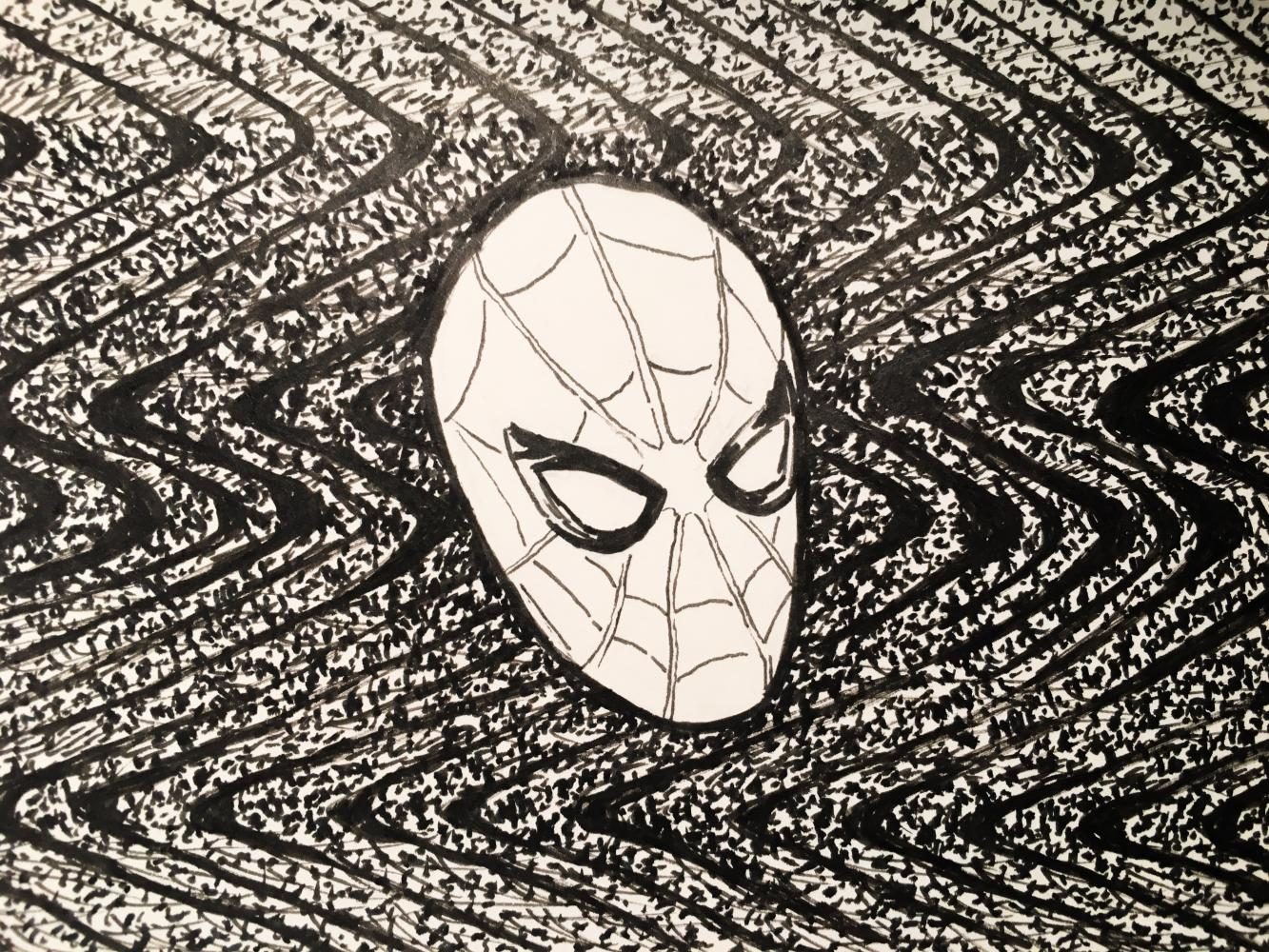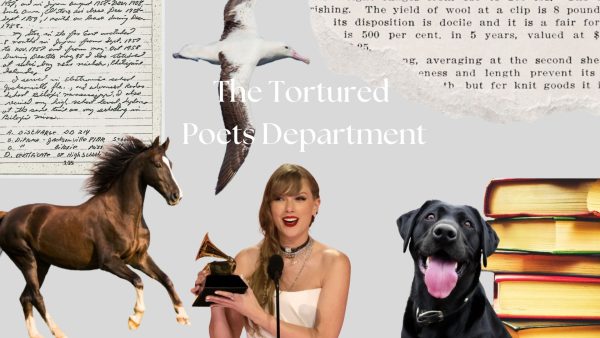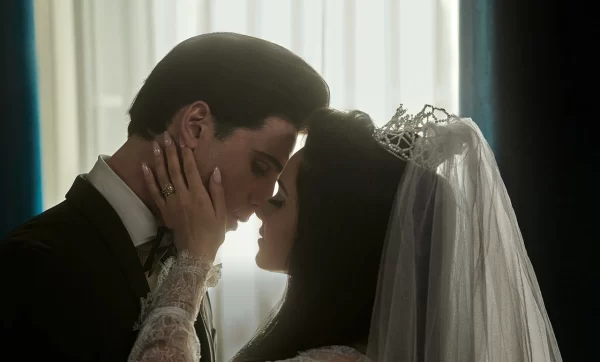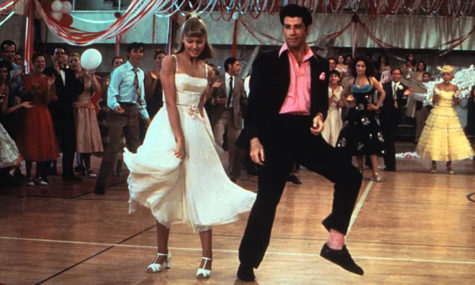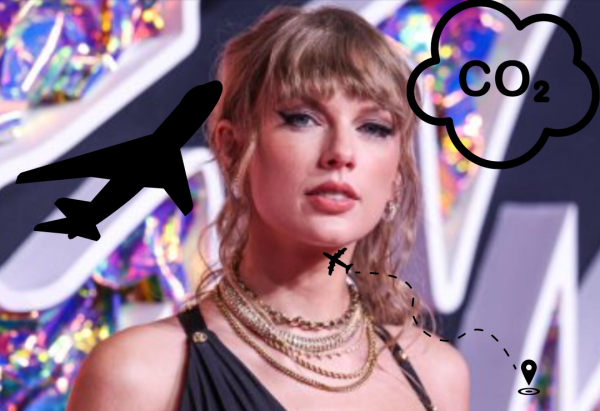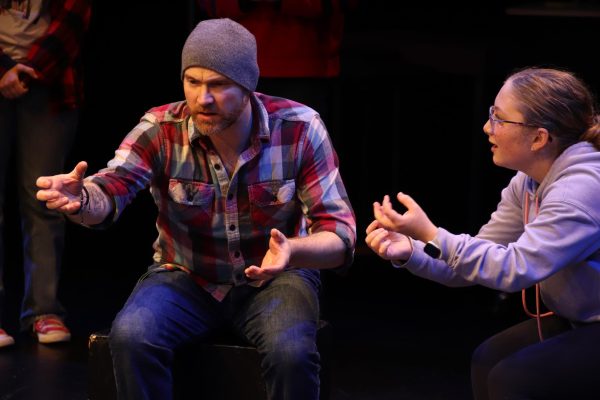Static Spider-Man
‘Spider-Man: Homecoming’ fails to deliver dynamic lead
Amazing. Spectacular. Sensational. There’s no shortage of words to describe Marvel Comic’s web-slinging teen, Peter Parker.
The latest Spidey flick, “Spider-Man: Homecoming” with Tom Holland, scored high with critics and audiences. However, I have a problem with the film’s structure and Peter Parker’s development: he’s static. Spoilers ahead.
Simply put, dynamic characters change, static ones don’t.
In Robert McKee’s “Story: Style, Structure, Substance, and the Principles of Screenwriting,” he claims that writers must express these changes in terms of values. Not like family or religious values, but “universal qualities of human experience that may shift from positive to negative.”
The following are some common story values: alive and dead, slavery and freedom, innocence and knowledge. Story values can be as simple as good and evil.
The main characters in “Star Wars: The Empire Strikes Back” have pretty clear value changes. Luke Skywalker goes from innocence to knowledge upon learning of his true parentage. Han Solo goes from free to imprisoned after being frozen in carbonite. Princess Leia is uncertain about her feelings, then admits love for Han.
In good stories, characters have to change, otherwise the story would not be worth telling.
“Values are the soul of storytelling,” McKee writes.
“Spider-Man: Homecoming” is soulless. Parker doesn’t change.
There are some changes for Parker. In the beginning of the film, Parker relentlessly pesters Happy Hogan (Jon Favreau), asking to join the Avengers. At the end of the film, Tony Stark (Robert Downey Jr.) offers Parker a new suit and a spot on the team, but Parker refuses. There’s some development, right?
This happens without reason. Can you point to the reason Parker makes this decision? He’s not any wiser at the end of the film. He doesn’t make this decision because he’s unqualified; He beat Michael Keaton’s Vulture. There’s no indication he does this to protect his friends or Aunt May. He just, I don’t know, had a change of heart? The writers just threw it in there, shouted, “Character development!” and called it a day. Lazy writing.
The film’s six writers also attempt to frame change on the ferry, where Spider-Man fails to apprehend the Vulture and endangers its passengers before Iron Man intervenes. At the end of the film, Spider-Man has apprehended the Vulture all by himself. Surely this is some sort of development.
Although the scenarios yield different results, Parker didn’t learn anything and doesn’t do anything different. On the ferry, he thwips and punches until the purple alien tech explodes. He’s unlucky. The Vulture gets away. At the end of the film, he thwips and punches until the purple alien tech explodes. He’s lucky. The Vulture is captured.
Spider-Man does not earn this victory. He does not outsmart or even out-punch the Vulture. He wins because the Chitauri crystal explodes, and he doesn’t learn a thing.
I almost expected the Vulture to die in that explosion.
In Sam Raimi’s “Spider-Man,” Tobey Maguire witnesses the death of Willem Dafoe’s Green Goblin, who happens to be the father of his best friend.
In “Spider-Man 2,” not only does Parker have a value change, but so too does the film’s antagonist Otto Octavius (Alfred Molina). In the film’s climax, Doc Ock realizes his wrongs and sacrifices himself to save the city.
“Spider-Man 3,” though receiving mixed critical reviews, kills both Venom (Topher Grace) and the New Goblin (James Franco).
In Marc Webb’s “The Amazing Spider-Man,” Andrew Garfield’s Parker watches as the father of his girlfriend, Emma Stone’s Gwen Stacy, dies.
In the sequel, Gwen Stacy dies.
“Homecoming” is the only one of six Spider-Man films in which no main character dies.
None of these deaths are merely for spectacle. They change story values. They have consequences and create drama.
When the Willem Dafoe’s Green Goblin dies, Parker must face the Goblin’s son, who’s also his own best friend. They still go to school together.
When Captain Stacy dies, Parker has promised to leave Gwen out of his battles. However, stick together. They still go to school together.
The Vulture does not die. Liz and her mother move to Oregon, so Parker does not have to see Liz everyday. Parker does not feel the guilt, the responsibility that comes with Spider-Man’s power. There’s no consequences, no more drama.
“Spider-Man: Homecoming” is not a bad film. It’s a lot of fun, but that’s all it is.
You cannot tell a story without change and conflict. “Homecoming” goes too easy on its protagonist to teach him anything. It fails to create compelling, life-changing drama.
Your donation will support the student journalists of West Linn High School. Your contribution will allow us to continue to produce quality content by purchasing equipment, software, and continuing to host our website on School Newspapers Online (SNO).

Amateur magician and wannabe improv comedian Philip Chan has been writing for The Amplifier since his freshman year. Now co-editor in chief, Chan firmly...

























![Game, set, and match. Corbin Atchley, sophomore, high fives Sanam Sidhu, freshman, after a rally with other club members. “I just joined [the club],” Sidhu said. “[I heard about it] on Instagram, they always post about it, I’ve been wanting to come. My parents used to play [net sports] too and they taught us, and then I learned from my brother.”](https://wlhsnow.com/wp-content/uploads/2024/03/MG_7715-2-1200x800.jpg)
![At the bottom of the third inning, the Lions are still scoreless. Rowe stands at home plate, preparing to bat, while Vandenbrink stands off to the side as the next batter up. Despite having the bases loaded, the team was unable to score any runs. “It’s just the beginning of the season. We’re just going to be playing out best by June, [and] that’s where champions are,” Rowe said.](https://wlhsnow.com/wp-content/uploads/2024/03/IMG_3077-1200x900.jpg)





![The teams prepare to start another play with just a few minutes left in the first half. The Lions were in the lead at halftime with a score of 27-0. At half time, the team went back to the locker rooms. “[We ate] orange slices,” Malos said. “[Then] our team came out and got the win.”](https://wlhsnow.com/wp-content/uploads/2023/10/IMG_2385-1200x800.jpg)







































































